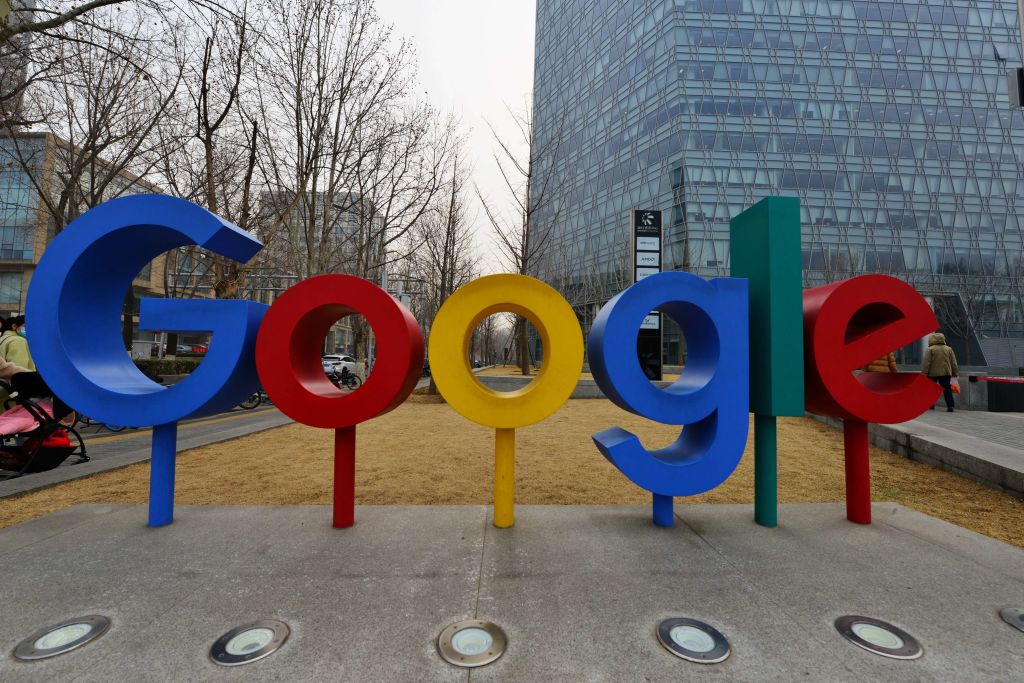The Covid-19 pandemic caused sales to slump at retail giants Inditex and Hennes & Mauritz (H&M) in November, reversing glimmers of a recovery and shining a light on the very different online sales performance between the two companies.
Shares in both companies fell in European trading, with Inditex, which owns Zara, trading near 2% lower and H&M dropping more than 2% on Tuesday.
The back story. As global coronavirus infection rates slowed through the summer and government restrictions were loosened, shoppers flocked back to stores after months of retail closures. Both Spanish Inditex and Swedish H&M—the largest and second-largest fashion chains in the world, respectively—returned to profitability in the autumn after large losses.
With the Covid-19 pandemic keeping millions of shoppers housebound, Inditex has made a key investment in expanding online shopping. In June, the company announced a €2.7 billion ($4.34 billion) investment plan to improve online operations and increase store footprint, of which €1 billion was earmarked for digital investments.
H&M, still controlled by its founding Persson family, was already struggling before the pandemic hit. The company has been slower to shift to online shopping in favour of its more than 5,000 stores and the low-cost fashion strategy it helped pioneer.
What’s new. Both companies reported results on Tuesday—Inditex for the three months to the end of October, and H&M for the quarter ending Nov. 30 as well as the full year.
Store and online sales grew slowly from August to October at Inditex, with October sales at 94% of 2019 levels at constant currencies. In total, net sales of €6.1 billion in the third quarter were 14% lower than the same period in 2019. However, as coronavirus cases surged in November, 21% of stores remained closed and sales fell to 81% of 2019 levels.
At H&M, net sales for the fourth quarter were 10% lower in local currencies from the same period last year. Much of that came in the final month: sales were down by just 3% year-over-year from Sept. 1 to Oct. 21, but were 22% lower than 2019 in the period from Oct. 22 to Nov. 30.
Looking ahead. The results from the retail giants show the impact the second wave of Covid-19 has brought on sales. Fears over how much this hurts the bottom line for the full year is what may have caused both stocks to fall.
But the results also shine a light on the companies’ different online strategies—a crucial sales platform beyond the pandemic. Inditex reported that online sales grew 76% in the nine months to the end of October, while analysts expect H&M to lag far behind. The Swedish retailer didn’t post any fresh online figures on Tuesday. It had posted online sales growth of 40% in the second quarter and just 27% in the third.
 Copyright 2020, Dow Jones & Company, Inc. All Rights Reserved Worldwide. LEARN MORE
Copyright 2020, Dow Jones & Company, Inc. All Rights Reserved Worldwide. LEARN MORE
What a quarter-million dollars gets you in the western capital.
Alexandre de Betak and his wife are focusing on their most personal project yet.
CIOs can take steps now to reduce risks associated with today’s IT landscape
As tech leaders race to bring Windows systems back online after Friday’s software update by cybersecurity company CrowdStrike crashed around 8.5 million machines worldwide, experts share with CIO Journal their takeaways for preparing for the next major information technology outage.
Be familiar with how vendors develop, test and release their software
IT leaders should hold vendors deeply integrated within IT systems, such as CrowdStrike , to a “very high standard” of development, release quality and assurance, said Neil MacDonald , a Gartner vice president.
“Any security vendor has a responsibility to do extensive regression testing on all versions of Windows before an update is rolled out,” he said.
That involves asking existing vendors to explain how they write software, what testing they do and whether customers may choose how quickly to roll out an update.
“Incidents like this remind all of us in the CIO community of the importance of ensuring availability, reliability and security by prioritizing guardrails such as deployment and testing procedures and practices,” said Amy Farrow, chief information officer of IT automation and security company Infoblox.
Re-evaluate how your firm accepts software updates from ‘trusted’ vendors
While automatically accepting software updates has become the norm—and a recommended security practice—the CrowdStrike outage is a reminder to take a pause, some CIOs said.
“We still should be doing the full testing of packages and upgrades and new features,” said Paul Davis, a field chief information security officer at software development platform maker JFrog . undefined undefined Though it’s not feasible to test every update, especially for as many as hundreds of software vendors, Davis said he makes it a priority to test software patches according to their potential severity and size.
Automation, and maybe even artificial intelligence-based IT tools, can help.
“Humans are not very good at catching errors in thousands of lines of code,” said Jack Hidary, chief executive of AI and quantum company SandboxAQ. “We need AI trained to look for the interdependence of new software updates with the existing stack of software.”
Develop a disaster recovery plan
An incident rendering Windows computers unusable is similar to a natural disaster with systems knocked offline, said Gartner’s MacDonald. That’s why businesses should consider natural disaster recovery plans for maintaining the resiliency of their operations.
One way to do that is to set up a “clean room,” or an environment isolated from other systems, to use to bring critical systems back online, according to Chirag Mehta, a cybersecurity analyst at Constellation Research.
Businesses should also hold tabletop exercises to simulate risk scenarios, including IT outages and potential cyber threats, Mehta said.
Companies that back up data regularly were likely less impacted by the CrowdStrike outage, according to Victor Zyamzin, chief business officer of security company Qrator Labs. “Another suggestion for companies, and we’ve been saying that again and again for decades, is that you should have some backup procedure applied, running and regularly tested,” he said.
Review vendor and insurance contracts
For any vendor with a significant impact on company operations , MacDonald said companies can review their contracts and look for clauses indicating the vendors must provide reliable and stable software.
“That’s where you may have an advantage to say, if an update causes an outage, is there a clause in the contract that would cover that?” he said.
If it doesn’t, tech leaders can aim to negotiate a discount serving as a form of compensation at renewal time, MacDonald added.
The outage also highlights the importance of insurance in providing companies with bottom-line protection against cyber risks, said Peter Halprin, a partner with law firm Haynes Boone focused on cyber insurance.
This coverage can include protection against business income losses, such as those associated with an outage, whether caused by the insured company or a service provider, Halprin said.
Weigh the advantages and disadvantages of the various platforms
The CrowdStrike update affected only devices running Microsoft Windows-based systems , prompting fresh questions over whether enterprises should rely on Windows computers.
CrowdStrike runs on Windows devices through access to the kernel, the part of an operating system containing a computer’s core functions. That’s not the same for Apple ’s Mac operating system and Linux, which don’t allow the same level of access, said Mehta.
Some businesses have converted to Chromebooks , simple laptops developed by Alphabet -owned Google that run on the Chrome operating system . “Not all of them require deeper access to things,” Mehta said. “What are you doing on your laptop that actually requires Windows?”















